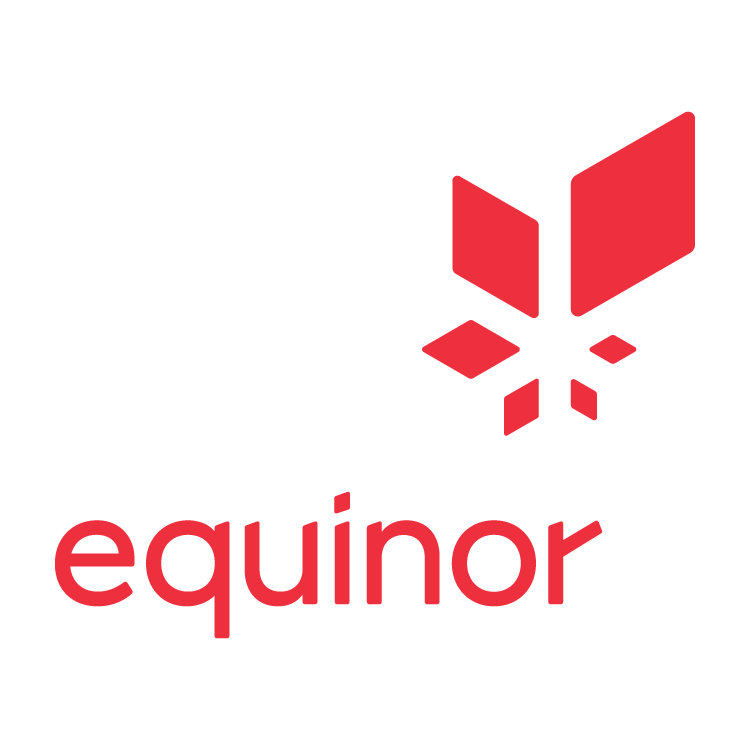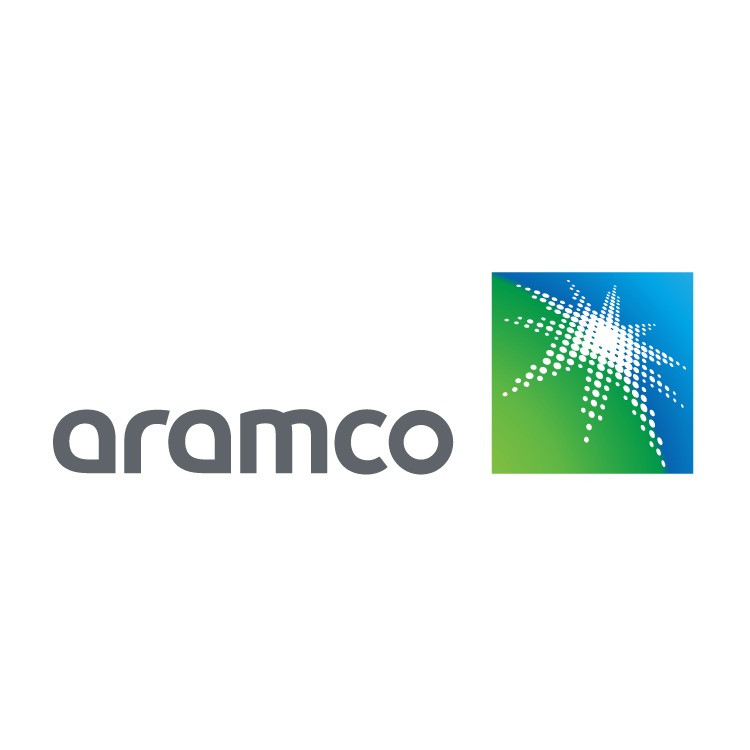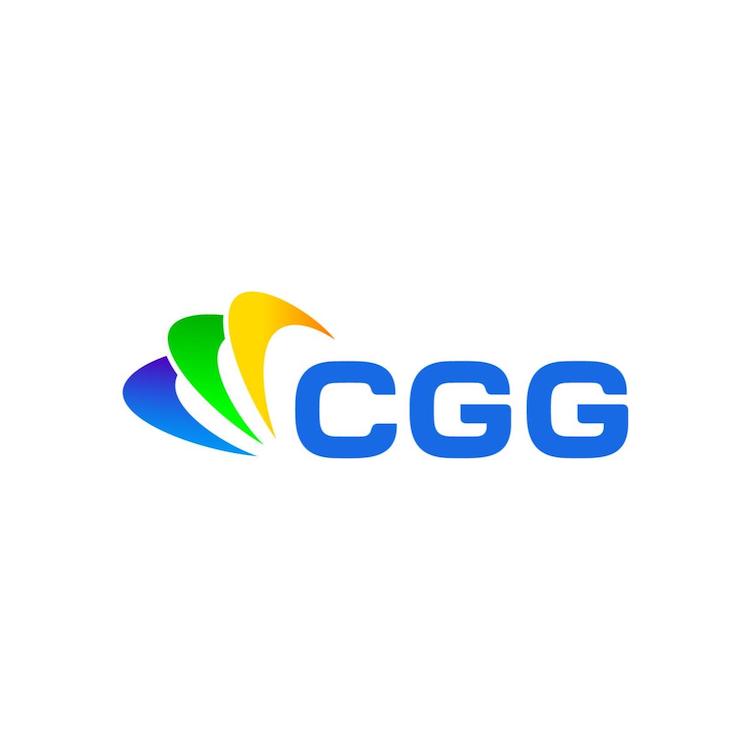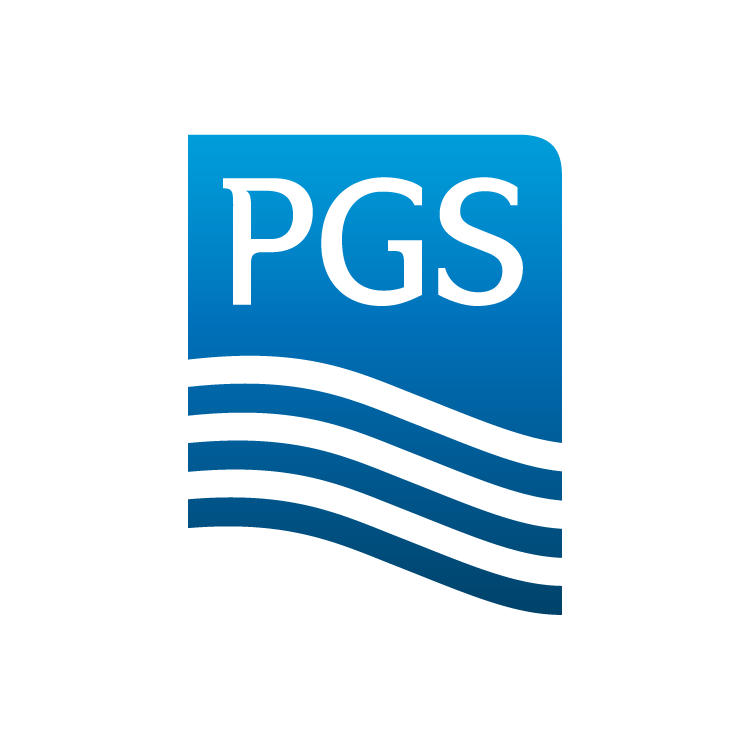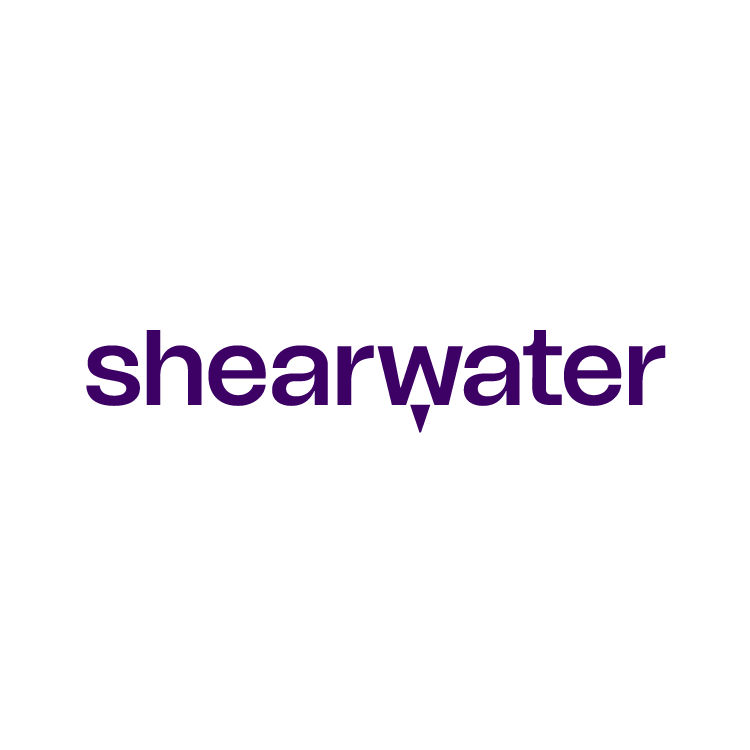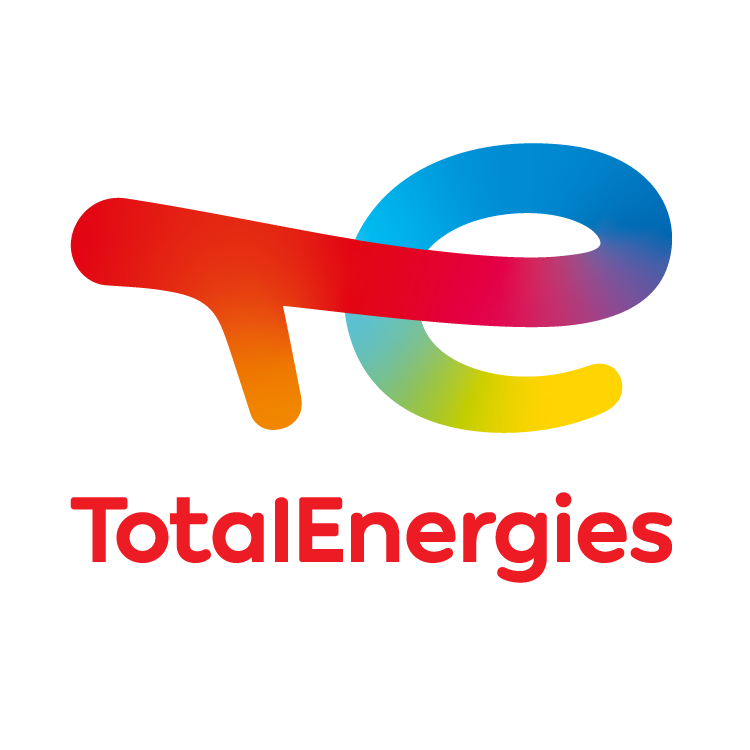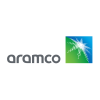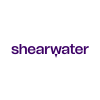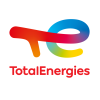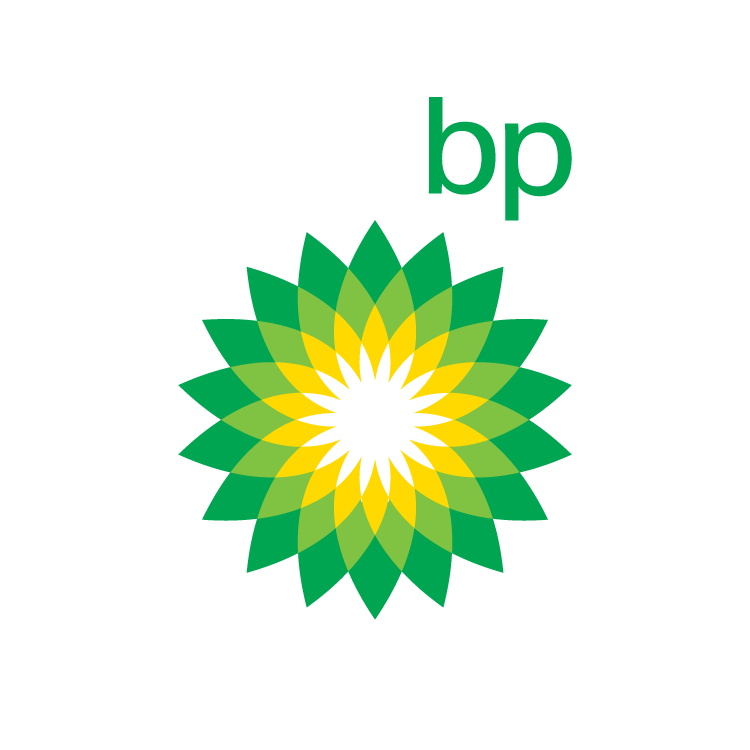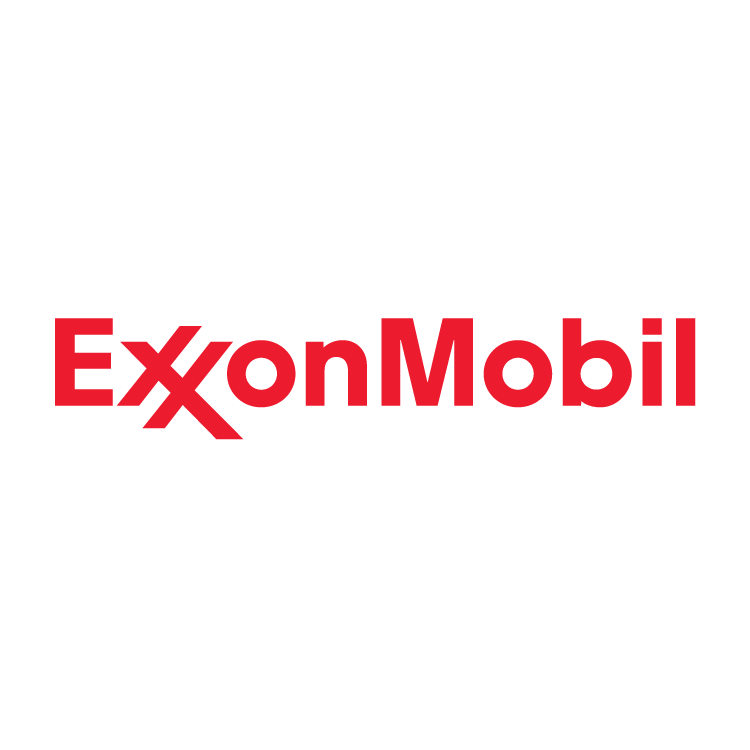Workshops
The EAGE Annual includes interactive one-day workshops, providing participants with the opportunity to gain new skills, new insights and the new knowledge that is key to developing your academic or professional profile. With a fascinating range of topical and relevant workshops to choose from, you are sure to find a programme that suits your needs.
Workshop 1 Part I
CCS Monitoring "Lessons Learned, Challenges, Opportunities and Strategies"
CCS Monitoring "Lessons Learned, Challenges, Opportunities and Strategies"
The workshop concentrates on all techniques of monitoring the injection and the migration of the C02 plume in the reservoir and overburden including containment, conformance, and contingent monitoring as well as cost-efficient opportunities and strategies in place to get the right information at the right time to make the correct decision on the field.
Convenors:
- Bruce Webb (Eni)
- Tillmann Roth (Wintershall Dea)
- Bastien Dupuy (Sintef)
- Elodie Morgan (SpotLigh)
- Herve Chauris (Mines Paris)
- Alexandre Kazantsev – (Storengy)
- Sara Minisini (Shell)
Workshop 7
Moving forward with deep geological repositories for high-level nuclear waste – Contributions from Geophysics
Moving forward with deep geological repositories for high-level nuclear waste – Contributions from Geophysics
Several countries are planning, exploring, or realizing deep geological repositories for highly radioactive waste. Geophysical methods are applied to characterize the underground, to evaluate rock mechanical properties, to detect groundwater movements, and to assess rock permeability. The suitability and validity of geophysical methods will be discussed within this workshop.
Convenors:
- Dirk Orlowsky DMT GmbH & Co. KG)
- Andreas Schuck (GGL Geophysik und Geotechnik Leipzig GmbH)
- Stefan Buske (Institute of Geophysics and Geoinformatics, TU Bergakademie Freiberg)
Workshop 6
The value of multiples for seismic imaging and velocity model building
The value of multiples for seismic imaging and velocity model building
The benefits of using multiples in imaging and VMB have been widely discussed over recent years, however some challenges including multiple contamination and cycle skipping remain. We consider the pros and cons of using multiples, assess how to overcome the challenges, and discuss in which acquisition and geological scenarios the benefits may outweigh the drawbacks.
Convenors:
- Gordon Poole (CGG)
- Clement Kostov (Consultant)
- Eric Verschuur (TU Delft)
- Nizar Chemingui (PGS)
- Fred Melo (SLB)
- James Mcleman (DUG)
- Simon Baldock (TGS)
Workshop 11
Prospect definition, risking and portfolio generation in the energy transition
Prospect definition, risking and portfolio generation in the energy transition
The workshop shall address the challenge to scale up and industrialize new energy solutions like geothermal, DLE, CCS and H2. As these are partially open systems, prospect defintions are not standardized, scaling up and portfolio generation for the industry is challenging. The workshop shall give guidance and deliver fruity discussions.
Convenors:
- Axel Wenke (Neptune Energy)
- Martin Neumaier (ArianeLogix)
- Jean-Christophe Embry (Equinor)
Workshop 14
The multicomponent part of OBN
Beyond Elastic: The multicomponent part of seismic
Most of the time we use about 1/4 of the OBN measurements (not counting the Z component that is only used for deghosting). This is the most complete and expensive type of offshore seismic data , and we often miss the opportunity to truly leverage 3/4s of these data, the elastic part. The goal of the workshop is to assess the status of our work using the shear waves and the multicomponent part of the OBN measurements.
Convenors:
- Adriana Citlali Ramirez (TGS)
- Emin Sadikhov (Equinor)
- John Brittan (PGS)
- Espen Raknes (AkerBP)
Workshop 15
Geostatistics and its Latest Developments Using Machine Learning Methods
Geostatistics and its Latest Developments Using Machine Learning Methods
Geostatistics is about managing spatial uncertainty thanks to probabilistic modeling. In the digital subsurface world, minimizing measurement and estimation errors has become a key “cost function” for artificial intelligence algorithms, enabling the optimization and automation of geoscience workflows and better management of earth resources, particularly in the O&G E&P industry
Convenors:
- Alessandro Mannini (Santos)
- Luc Sandjivy (ERMS)
Workshop 1 - Part II
CCS Monitoring "Lessons Learned, Challenges, Opportunities and Strategies"
CCS Monitoring "Lessons Learned, Challenges, Opportunities and Strategies"
The workshop concentrates on all techniques of monitoring the injection and the migration of the C02 plume in the reservoir and overburden including containment, conformance, and contingent monitoring as well as cost-efficient opportunities and strategies in place to get the right information at the right time to make the correct decision on the field.
Convenors:
- Bruce Webb (Eni)
- Tillmann Roth (Wintershall Dea)
- Bastien Dupuy (SINTEF)
- Elodie Morgan (SpotLigh)
- Herve Chauris (Mines Paris)
- Alexandre Kazantsev – (Storengy)
- Sara Minisini (Shell)
Workshop 2
The future of quantitative ground models for offshore renewables
The future of quantitative ground models for offshore renewables
Meeting global carbon dioxide emissions pledges requires offshore renewable energy capacity to increase rapidly. This workshop will bring together all parties (geoscientists, geotechnical engineers, geostaticians) involved in building quantitative ground models to stimulate an open debate on the pathway forward to improve and make better use of such models.
Convenors:
- Mark E. Vardy (SAND Geophysics)
- Maarten Vanneste (NGI)
Gareth Wood (BP Exploration) - Eric Cauquil (TOTAL Exploration & Production)
- Andy Barwise (RWE)
- Neil Dyer (Cathie Associates)
Workshop 8
Unveiling the Unseen: Embracing AI's Power in Interpretation
Unveiling the Unseen: Embracing AI’s Power in Interpretation
Review and debate the fusion of human expertise and cutting-edge AI advancements. Explore seismic interpretation mysteries, reservoir characterization, and more. Join us for an interactive workshop that redefines exploration & production and shapes the future of interpretation.
Convenors:
- Anastasiia Jacobsen (Bluware)
- Anita Torabi (University of Oslo)
- Alessandro Manini (Santos)
- Brian Eslick (Total Energies)
- Cyrille Reiser (PGS)
- James Lowell (Geoteric)
- Nicolas Daynac (Eliis)
- Victor Aarre (Consultant)
Workshop 9
Nurturing talent for the energy transition
Nurturing talent for the energy transition
Challenges related to climate mitigation mean that new geophysical monitoring methods are needed. Academia has a responsibility to nurture and ensure that society adapts to these challenges. We propose a workshop involving several universities in Europe as well as key industry companies to discuss research and teaching needs imposed by this transition.
Convenors:
- Martin Landrø (CGF, NTNU)
- Deyan Draganov (TU Delft)
- Johan Robertsson (ETH Zurich)
- Colin MacBeth (HeriotWatt)
- Mark Thompson (Equinor)
Workshop 13
Status and challenges of extended domain FWI
Status and challenges of extended domain FWI
Thanks to its capability to produce unrevealed high resolution velocity models FWI has become an essential tool for seismic imaging. In this context, ahead of the recovery background velocity models using diving waves, FWI is requested to interpret the amplitude and kinematics of reflected waves. This is a well-known challenge due to the coupling of model parameters and to the ill-conditioning of the problem. From long extended domain FWI has been proposed to overcome the issue. We propose during this workshop to review and discuss the status and perspectives of these numerous approaches investigated along these directions.
Convenors:
- Gilles LAMBARE (CGG)
- René-Edouard PLESSIX (Shell)
Workshop 16
Marine Vibrators: Good, good, good – Good vibrations?
Marine Vibrators: Good, good, good - Good vibrators?
In recent years, several projects have developed towed marine vibrators (MV) to meet increased environmental requirements and to secure a license to operate. This first workshop on MVs will look at the history of seismic sources, their technical challenges, and future applications. Recent results from offshore tests will be presented and signal and pre-processing methods will be discussed. With an all-electric power supply and full control of amplitude, frequency and phase, new acquisition designs allow for future efficiency gains, reduced environmental impact, and improved data quality. The aim of the workshop is to bring together the existing projects and to discuss with the community and environmentalists the importance and impact of the new technology, which might be fully commercialised by 2025.
Convenors:
- Peter Hanssen
- Thomas Elboth
- Rune Tenghamn
- Enrico Zamboni

Workshop 18
Fault characterization challenges and recent advances
Fault characterization challenges and recent advances
Faults introduce heterogeneity and anisotropy to their host rock, therefore influencing the
geometry and properties of reservoirs. We aim to bring together experts from industry andacademia, who are working on faults from different perspectives and applications. We will discuss
the state-of-the-art, challenges and advances in our understanding of faults.
Convenors:
Anita Torabi
Elin Skurtveit

Workshop 3
Compressive sensing principles and applications for seismic data acquisition and processing
Compressive sensing principles and applications for seismic data acquisition and processing
The main purpose of this workshop will be to discuss applications or later advances in compressive sensing principles and applications for seismic data acquisition and processing. Topics we would like to cover will be acquisition, denoising, interpolation/reconstruction, deblending or any other topics that could be applied on land, marine or transition zone data.
Convenors:
- David Le Meur (CGG)
- Constantinos Tsingas (Saudi Aramco)
- Keith Millis (OXY)
- Claudio Bagaini (SLB)
Workshop 4
4D FWI: the key technologies to unveil time-lapse subsurface changes
4D FWI: the key technologies to unveil time-lapse subsurface changes
The workshop aims to 1) address the challenges of suppressing the effect of non-repeatability in 4D FWI and to 2) brainstorm ideas for capturing subtle changes of seismic signatures hidden behind time-lapse data. Also, we will share 3) various case studies of successful 4D FWI applications from the industrial communities.
Convenors:
- Yongchae Cho (Seoul National University)
- Cyril Agut (Total Energies)
- Daniela Donno (CGG)
- Dong-Joo Mi (Seoul National University)
- René-Édouard Plessix (Shell)
Workshop 5
Large scale CO2 and energy storage studies and their sealing/leakage challenges
Large scale CO2 and energy storage studies and their sealing/leakage challenges
Different CO2 and energy storage studies would be presented and discussed, focusing on capacities, containment (trap, reservoir properties, top seal and their assessments), with a focus on individual well injectivity rates and the optimalisation of number and type of wells needed to reach anticipated capacities. Furthermore, the workshop will gather contributions focusing on shut down fields bringing new insights on legacy well characterisation, monitoring, and capacity estimates.
Convenors:
- Balazs Badics (Wintershall Dea)
- Benjamin Udo Emmel (SINTEF)
- Amir Ghaderi (SINTEF)
Workshop 10
Geoscience and engineering needed for Deep Sea Mining
Geoscience and engineering needed for Deep Sea Mining
The workshop aims to discuss the challenges facing a fledgling new industry in mining seabed minerals. The recent opening of the Norwegian waters for exploration for seabed minerals initiates a drive towards innovations in geophysical methods both for mineral and metal detection, but also on environmental mapping. Such a development is not restricted to Norwegian waters, but also applies to other prospective areas globally, including the Area, administered by the International Seabed Authority.
Following a successful exploration activity innovation in production technology is also needed. The engineering challenges involve equipment withstanding deep water with a minimal environmental footprint.
Convenors:
- Egil Tjåland (Norwegian Forum for Marine Minerals/NTNU)
- Ebbe Hartz (AkerBP)
Workshop 12
Shallow subsurface cavities: identification and characterization with geological and geophysical methods.
Shallow subsurface cavities: identification and characterization with geological and geophysical
A substantial portion of Earth’s surface is karst terrain, posing significant hazards in the construction of facilities, from windmills to drilling rigs to whole cities. In this workshop we want to explore the most recent geological and geophysical methods to offer a cost-effective way to identify and characterize these geo-hazards.
Convenors:
- Diego Rovetta
- Olena Ivanik
- Oleksandr Menshov
Workshop 17
Deep dive into GenAI and Large Language Models (LLMs) for subsurface applications
Deep dive into GenAI and Large Language Models (LLMs) for subsurface applications
This workshop session covers Natural Language Processing & GenAI. It provides insights into the transformative power of Large Language Models, showcases applications for subsurface tasks, offers a hands-on lab experience, and concludes with a panel on ethics and future outlooks.
Convenors:
George Ghon (Cap Gemini)
Cédric M. John (Environments Research Institute (DERI)
Lukas Mosser (Aker BP)



